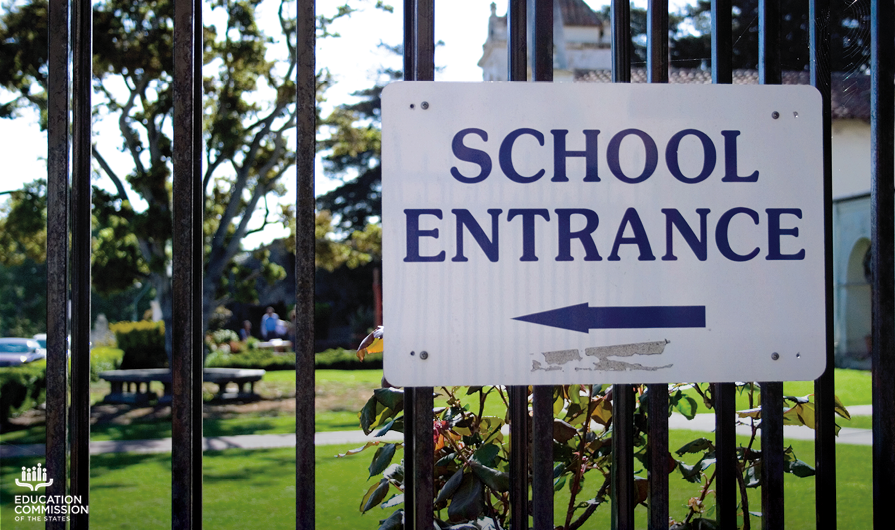September is National Suicide Prevention Awareness Month; a month which, unfortunately, has a strong connection to higher education. Suicide is the second-leading cause of death among individuals from the typical college-going age of 20- to 24-years-old. Sadly, more than 1,000 suicide deaths are recorded on college campuses per year. According to a 2016-17 study by the Healthy Minds Network, 21 percent of students had committed non-suicidal self-injury and 11 percent of students had suicidal thoughts over the past year. Per that same survey, 27 percent of students are unaware of where to go on their campus to seek professional help for their mental or emotional health.
Postsecondary institutions and state legislatures increased efforts in recent years to combat the mental health challenges facing students. Both worked to prevent suicide on campuses through efforts that fall into a few key categories: increased counseling and mental health professional staffing, increased suicide prevention awareness and resource allocation toward suicide prevention efforts. In 2017, several state legislatures introduced a variety of bills focused on suicide prevention on postsecondary campuses, with many introduced bills covering the above themes.
New Jersey’s Senate Bill 557 takes the first approach, attempting to reduce suicide by providing more trained professionals on campus. The bill requires institutions of higher education in the state to have professionals with training and experience in mental health issues and suicide prevention available to students at all times, either in-person or remotely by telephone or other means. The bill also requires institutions to provide the contact information of the professionals to the students at the beginning of each semester.
Arkansas’ enacted House Bill 1666 focuses on increasing awareness around suicides on college campuses. The bill requires all public and private postsecondary institutions to provide all entering students with information about available mental health and suicide prevention services that are offered, as well as information about the early warning signs and appropriate intervention techniques for individuals who may be considering suicide. Additionally, it specifies that this information must be communicated through a live presentation or an online program or video that necessitates student interaction.
Other efforts are more general or call for a greater emphasis on suicide prevention. For instance, Texas’ failed House Bill 3407 would have created a task force to prevent suicide at institutions of higher education. Other bills, such as pending Rhode Island Senate Bill 300, broadly address the issue. Rhode Island’s bill directs institutions to develop a plan and establish policies for addressing the mental health needs of students, without providing any specific requirements.
While they are on the right track, our nation’s colleges and universities still have a long road ahead before they eliminate suicide from their campuses. Thanks to an increase in faculty referring students to the proper care and more students signing up for services on their own, the number of students seeking appointments for mental health services has grown “by an average of 30 percent, five times the average rate of enrollment growth.” With institutions and states shining light on prevention awareness and providing more help and resources on campus, we can only hope to see suicide on college campuses decline in the coming years.










